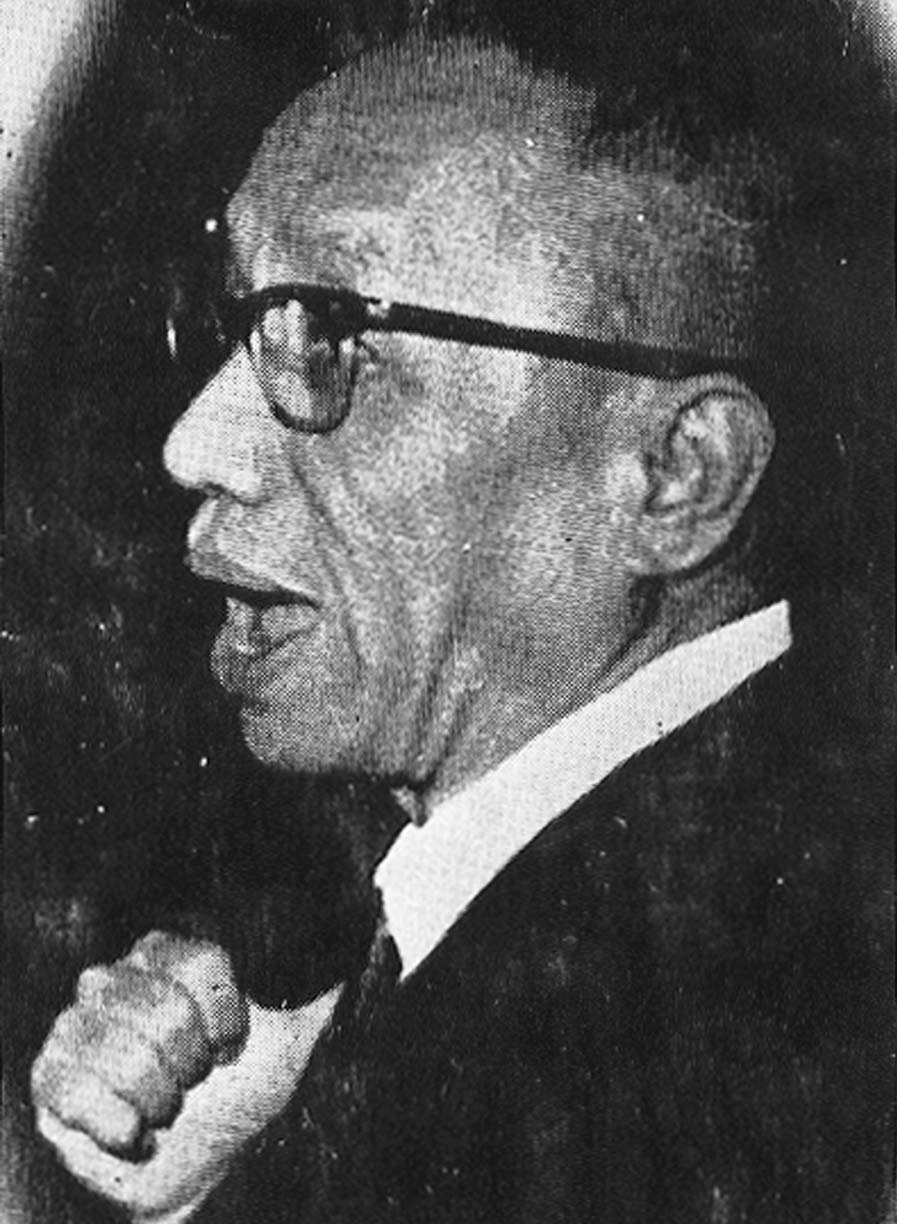On this day, Sept. 22, Go Puan Seng, one of the fighting journalists since prewar time, died peacefully in his sleep, in 1988 at the age of 82.
Go, whose career as publisher-journalist spanned more than half a century, is an institution in the publication of Chinese-language dailies. He started his paper, the Fookien Times, in 1924.
In 1937, at the start of the Sino-Japanese war, the Fookien Times was an active organ for anti-Japanese propaganda. It spearheaded the “Boycott Japanese Goods Movement” and the fund-raising campaign for anti-Japanese activities.
It was not surprising, therefore, that when the Japanese occupied Manila, his name was included in the much-wanted list. With a prize on his head, Go and his family had to hide in the Ipo hills, in the Sierra Madre.
In the post-war era, he rehabilitated his newspaper and became a staunch advocate for the reconstruction of the Filipino nation. He said in his editorial in April 1945: “The enemy has done his worst in destruction. Let us who survived his deviltry have the privilege to do our best in reconstruction.”
The Fookien Times stopped publication during martial law. After the February revolution, he had thoughts of reviving the newspaper but then his daughter, Betty Go-Belmonte (1933-1994), had put out Philippine Star, the circulation of which is 20 times more than the Fookien Times at its peak. This development was a consolation to Go.
Today, Go Puan Seng, an elder among the existing Chinese journalists has joined his creator. Fookien Times daily has not seen print again but Fookien Times Yearbook continues to be an excellent and credible source of information on Philippine affairs.
Above all, the newspaper tradition which Go started lives on in the hearts and minds of his children and in the many, many journalists whom he trained and guided.
First appeared in Tulay Monthly, Chinese-Filipino Digest 1, no. 5 (October 16, 1988), p. 2.
